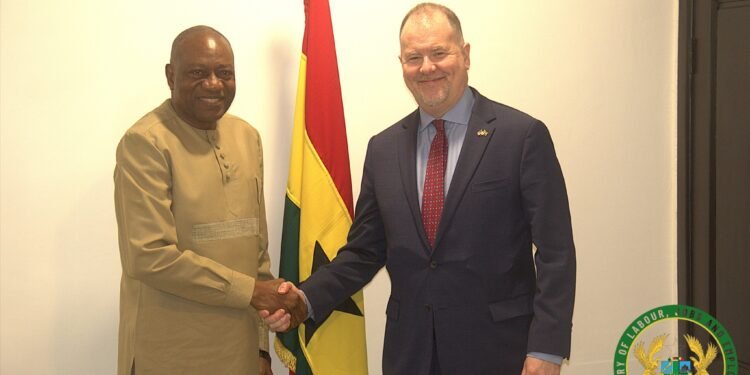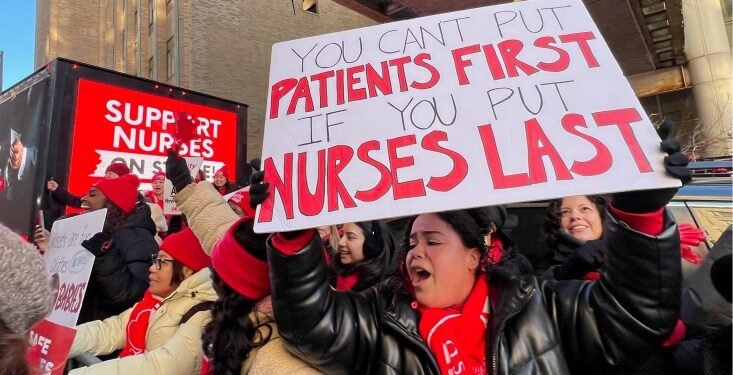The Ghana Health Service (GHS) says there has been some detection of the new variants of the COVID-19 virus at the Kotoka International Airport.
Addressing the media at ‘the Meet the Press’, the Director General of the Ghana Health Service, Dr. Patrick Kuma-Aboagye, noted that, although there hasn’t been reported cases of its penetration in communities, passengers arriving from these countries tested positive for the new variants.
“Even though we have not demonstrated the new variants; that’s the South African and the UK ones within our community search which we are still doing; as you know, when we had isolated people at the airport who tested positive, we found cases of the UK variant and a case of the South Africa variant amongst them.
“The chances are that, we may have them and that may be responsible for the increasing number of spread, but the search will continue to see whether we actually have a community presence of the variant in this country”.
Providing some statistics of the number of cases being imported into the country, the GHS Director-General intimated that, we have about 1,085 cases that have been reported, with 62% of them male, 38% being female.
The total test done at KIA is 144,383 with a cumulative positivity rate of 0.75%; Ghanaians testing positive accounts for 41% with non-Ghanaians recording 59%.
He also stressed on the country of departure cases, which he revealed largely remains Nigeria, US and the UK forming the greater number of people testing positive.
As the positivity rate at the Airport continues to rise, Dr. Kuma-Aboagye said although the month of January has not ended “we have already reported about 380 positives”, compared to the 46 in September and 393 reported in the whole of December.
A troubling challenge of non-adherence to safety protocols which Mr. Kuma-Aboagye explained is a major challenge, is gradually becoming less invasive, because “ever since people started seeing the surge, I can see the masks wearing is improving”.
Commenting on cases recorded in schools, he said, three cases have been reported in two Senior High Schools in the Upper West Region, which are being managed.
“We also have one case in the Western Region in Daboase. Otherwise, no region has reported any outbreak so far in the schools that has reopened; we hope it continues like that”.
Currently, Mr. Kuma-Aboagye disclosed contact tracing “has been strengthened in Accra”, with additional logistics being provided to contact tracers to beef up the search for positive cases.
As part of expanding and increasing testing, he said there has been an introduction of antigen testing to ascertain the degree of community spread in hotspots.
The antigen testing is to be undertaken for suspected outbreaks in schools and workplaces. They will also be used in hospitals when health workers are exposed.
“We are going to get our public health labs to run 24/7… so that more people can be tested. We are also encouraging that, if you have a reason to test… you need to quarantine yourself until you see your results”.























